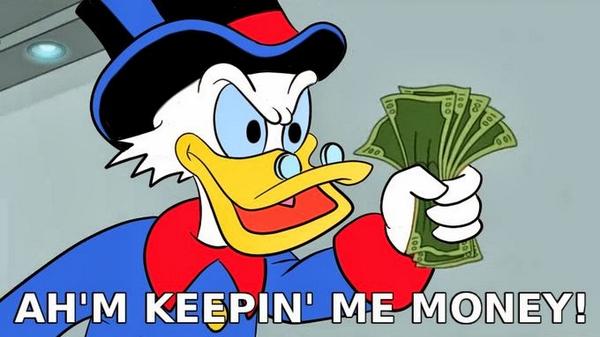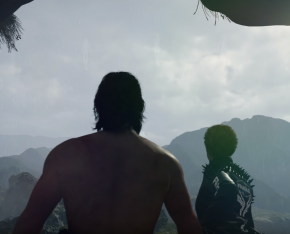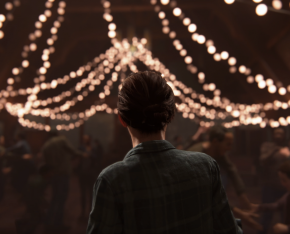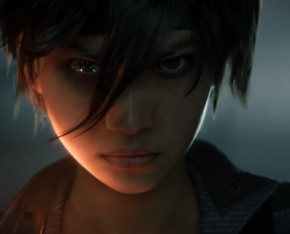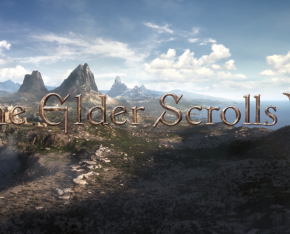By Bryan Smith on December 4, 2015 at 10:18am
In another chapter of the epic of “Rise of the Beaten Physically, Mentally, and Emotionally by Friend, Enemy, Square Enix, Microsoft, Fans, and Finances Tomb Raider-” I mean “Rise of the Tomb Raider,” VGChartz has a rough estimate of the amount of sales for the game. Here’s a hint on the performance in sales- it rhymes with plop.
“Rise of the Tomb Raider” was a potential financial disaster from the start. Its first week, with Xbox 360 and Xbox One sales combined, only saw 301K units (roughly) worldwide. That’s not just American or European sales alone. Those sales are worldwide. Comparatively, the second reboot of the “Tomb Raider” series, “Tomb Raider (2013),” sold at least one million copies in the first 48 hours. I’d also like to remind people of Square Enix’s unrealistic sales expectations for “Tomb Raider (2013),” which they expected to sell 5-6 million copies in the first month, where they only sold around 3.6 million.
Despite critics and the people that have played the game have said, “Rise of the Tomb Raider” now has a much bigger problem now that sales are (relatively) known. It’s not that the game is bad. Quite on the contrary, this game is phenomenal. With the knowledge of these sales and expectations, not only is the fate of “Rise of the Tomb Raider” in question, but the series as a whole is in question, as well.
Sales are vital pieces that shape video games’ future. The video game industry can only survive with money coursing through the stream. Developers like Naughty Dog and Platinum Games don’t simply pour their sweat, blood, and tears into games because they want to, although they do. That’s what makes them very beloved in the first place. But these guys have bills to pay and developing games makes money, as well. It’s just that certain developers will always be welcomed and be given work by certain companies. Not everyone gets that luxury and not every project sees the end of its road.
THQ
Companies suffer strongly when financial woes sneak up. I think most people who follow gaming news know what happened to THQ. They were a gaming company responsible for series like “Saints Row,” “Red Faction,” and video game adaptations for “Rugrats,” Nickelodeon, Disney, and more. They even had “South Park: The Stick of Truth” under their belt. Guess what happened to them when they partook in “funny money deals?”
Bankruptcy! Except that isn’t a reason to cheer for most companies … except the outlandishly evil ones (you know which ones). What happened? Along with recession hitting THQ hard, their licensed games not selling well due to online, free games, and many acquisitions of smaller companies (EA, take note), THQ had to deal with debt that probably led to closure of studios. Then there’s the small, silly device called the uDraw GameTablet, which was a commercial failure that helped THQ spiral further into debt. Soon they had to sell off their titles and eventually close their doors.
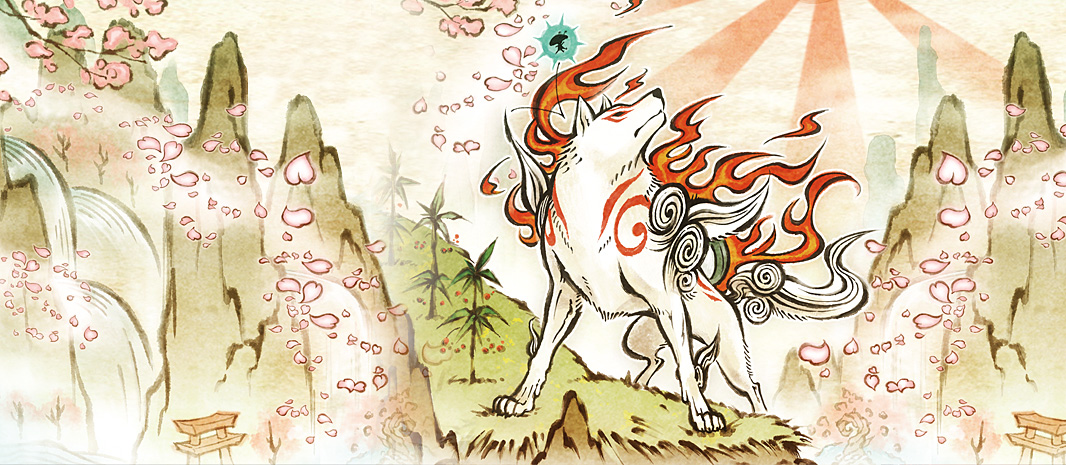
Clover Studio
Now here’s a studio that only lasted three years before the publisher closed them down. Clover Studio had the “Viewtiful Joe” series, “God Hand,” and the critically acclaimed “Ōkami.” Funny thing that “Ōkami,” as that game too had a lot of praise and is generally a fantastic game and one of the best for the PlayStation 2. Yet … it barely sold anything. 260K from a year after release. Critical praise and the game sells so miserable it got into the Guinness World Records Gamer’s Edition for “least commercially successful winner of a game of the year.” That’s an impressive feat… along with it be considerably sad.
Then comes the closure. There are two things that brought the demise for this developer. The first and obvious one is the poor sells, which there’s no beating around the bush. When a company gets commercial failures a lot, things are going to get cut. “Trim the fat” in their eyes. Another reason, however, is that key developers of the studio left. Some of them went to form Platinum Games, actually. They sited the harsh demands from Capcom where projects had to be sequels.
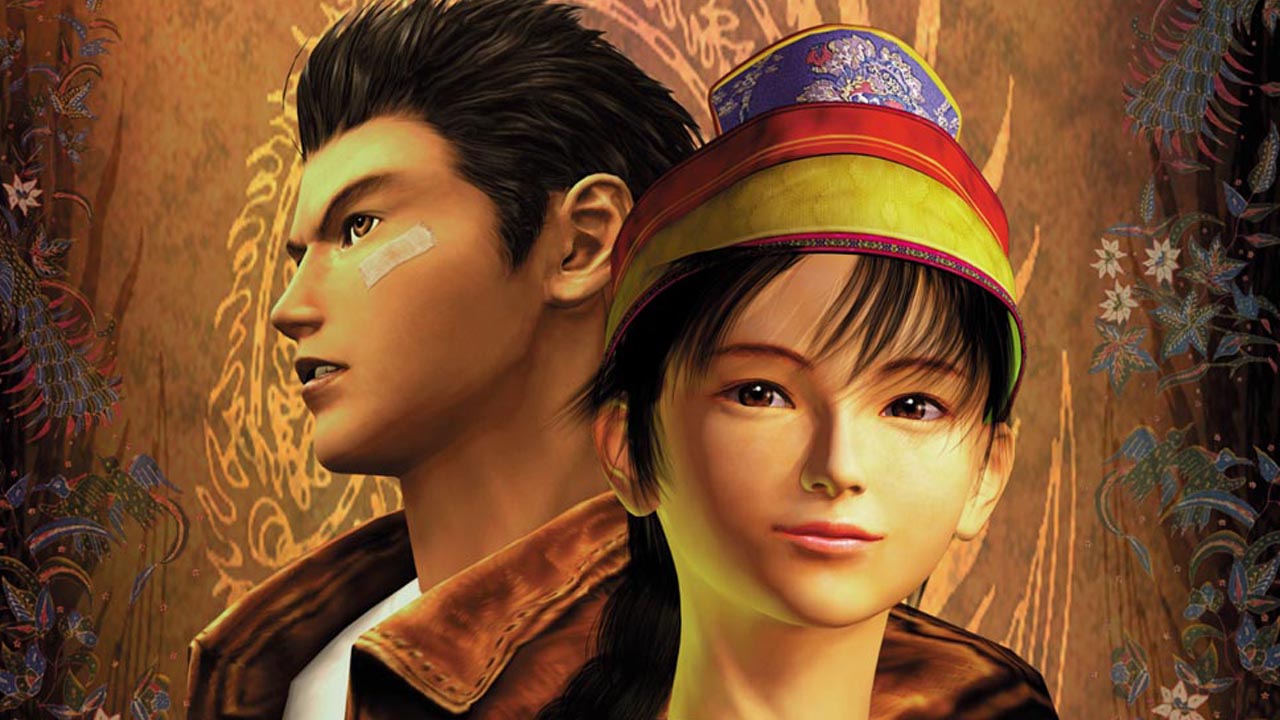
"Shenmue" and "Bayonetta"
So now here are some game examples. “Shenmue” is often stated to be one of the best games that came from the Dreamcast, and that’s saying a bit seeing how the Dreamcast had a lot of great games. There’s one problem here, though. It’s also known as one of the most expensive games made during its time. Hell, the game had cost Sega $70 million to make (though Yu Suzuki said it really had cost $47 million and that cost may have factored into “Shenmue II” as well, but that’s a pretty big number regardless.) The first game only sold 1.2 million, which is a commercial failure due to the budget. If we look at the timeline, since 2001 (2002/2003 for Xbox), the last part of the “Shenmue” story has been lost in the ether for 14 years until getting revealed at E3 2015. Suzuki had to go get help from Sony and Kickstarter to even consider getting “Shenmue III” off its feet. 14 years, and the game is nowhere near ready done, which marks at least 15 years.
At this point, I’m not sure who is to blame for this one. Sure, Suzuki spent a lot of money to make this, but “Shenmue” is quite beloved and the audience is there (now after seeing the reactions from E3 2015). From Sega’s point of view, they saw the game as a commercial failure and didn’t want to keep losing money. However, seeing how much crowd-funded money went into “Shenmue III” (hint, it’s $6.3 million), I think Sega done goofed. Obviously a console exclusive for a game like this, especially on a dying console where the company left the console business to begin with afterwards, would kill the sales. Imagine if the sales were on something like a PlayStation or Nintendo console at the time, though…
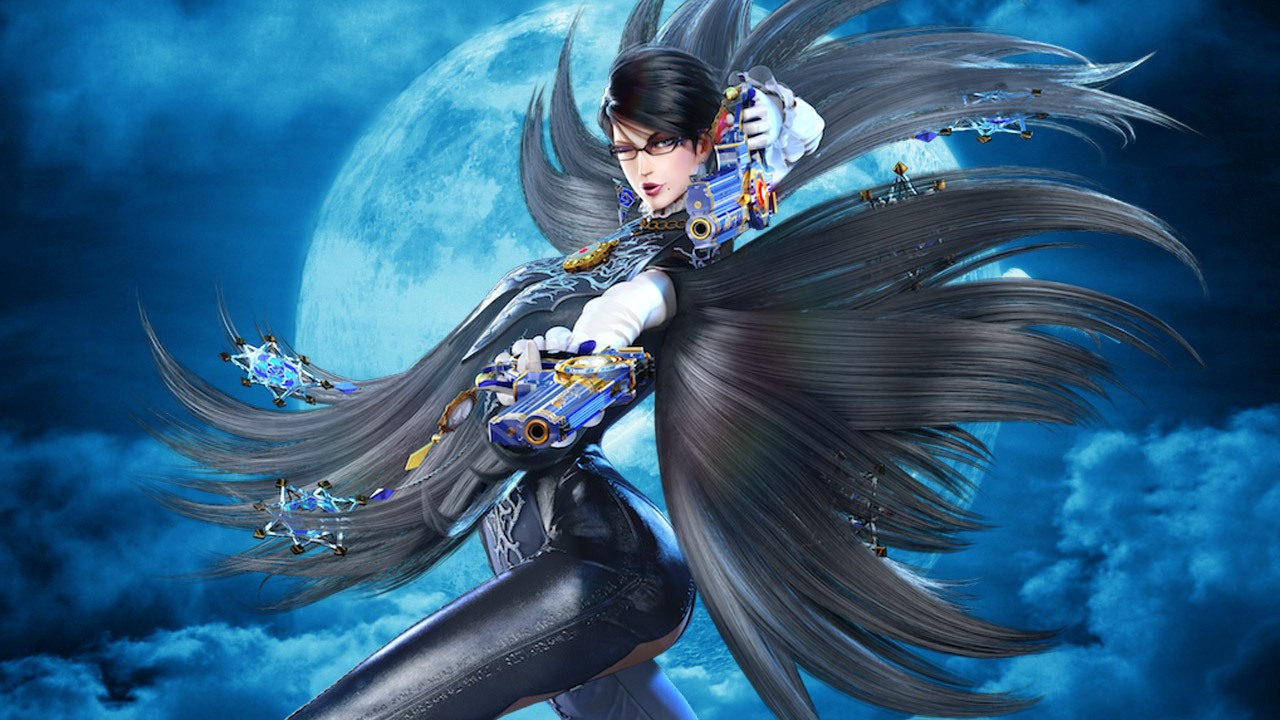
Speaking of Sega, they almost caused another series to crash into the ground from financial shenanigans. “Bayonetta.” Funny how Clover Studio got roped into this topic once more in some fashion. Platinum Games developed the “Bayonetta” series. Shock, horror; the first “Bayonetta” was a critical smash. People loved this game and have named it worthy to be Game of the Year material. One slight problem though: Sega didn’t want to fund a sequel. Despite the critical acclaim and relatively decent (but not great) sales, it didn’t sell enough for Sega to warrant another go at the series. It’s like history repeats itself or something…
“Bayonetta 2” would not have happened had Nintendo didn’t step in and helped fund the game. This isn’t a case where Microsoft saw money signs and wanted to make an exclusivity deal for a game to try and “compete” with Sony (and the PC crowd as well). “Tomb Raider” is still coming to PS4 and PC after the timed exclusivity deal dies out, meaning Square Enix would have made the game as usual. “Bayonetta 2” exists because Nintendo was the only publisher willing to give the game money, and Nintendo and Platinum Games embraced the idea.
“Bayonetta 2” ended up being another Game of the Year contender in 2014 and people say, even with Nintendo, the “protective parent weary of mature things” kind of company, it felt even more fun and true to its nature than ever before. The downside is that it sold probably worse than the first “Bayonetta.” However, there’s a silver lining to this one. Sega is more hesitant to fund something than Nintendo is. Despite several series left in the dust (need I bring up “Metroid” once more?), Nintendo doesn’t own Platinum Games. I think that if Platinum Games wanted to do another “Bayonetta,” Nintendo will agree. It’s not like any other publisher wanted to fund “Bayonetta 2” in the first place.
Publishers Can Make or Break Games
Ok, that subheading is extremely obvious. Just look at “Assassin’s Creed Unity” and “Halo: The Master Chief Collection” and how a publisher wanting to get a deadline in will break things. Publishers hold the power of making more games or leaving them in the dust, letting the companies make those games, or even collapsing onto themselves.
Of course, there’s the opposite side of reception and sales- bad reception. Bad games can and will easily affect sales. Take a look at “Sonic Boom: Rise of Lyric.” Unfortunately, bad games can easily make money back, whether through sheer will power of marketing or using the hype beast. It’s just more likely that good games with bad sales will end game series first before bad games with good sales would.
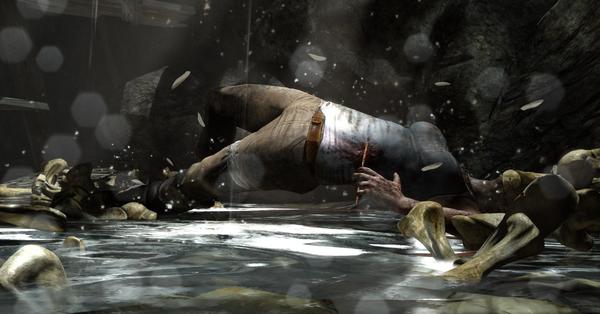
Now, let’s wrap this back up to “Rise of the Tomb Raider.” I extremely doubt Microsoft or Square Enix will be taking a large enough hit to go the way of THQ from this game. I’m sure that Crystal Dynamics may be fine as well… assuming Square Enix gives them something to work with in any case. It’s the “Tomb Raider” series as a whole that concerns me.
301K in the first week for a AAA game is pretty bad, especially how well the first game did with 1 million units sold in the first 48 hours. With their sales expectations for the first game, I don’t know if Square Enix learned anything, as they went out of their way to do everything in their power to ruin any chance of “Rise of the Tomb Raider” selling well at all. The shady time exclusivity deal, the season pass/300+ microtransactions, and the release of “Fallout 4” on the same day all helped damage those sales tremendously. I also think Square hurt the brand name when they had their people, whether it be from Square itself or Crystal Dynamics, say things like “there’s still ‘Tomb Raider: Definitive Edition’ and ‘Lara Croft and the Temple of Osiris’ for the PlayStation/PC crowd.” Gee, sounds an awful like that comment from Don Mattrick about the Xbox One where he said, “We have a product for people who aren't able to get some form of connectivity; it's called Xbox 360.”
Seeing we’re dealing with a second reboot of “Tomb Raider,” not including the “Lara Croft” sideseries of games, this could be quite damaging. “Tomb Raider” is the only video game series that I know of that has had a second reboot already, let alone a reboot in general. Sure, there are talks of a sequel already (this soon guys? Isn’t there a phrase about eggs hatching too soon?), but… there needs to be money to implement that idea. If the sales don’t even reach profitability, Square might not show any interest in keeping this iteration of Miss Croft going, and if that happens… I don’t see the likelihood of a third reboot happening. Square Enix probably isn’t hurting on money though, thanks to whatever boat load of money Microsoft offered them (thinking $100 million at least), though I can say that they aren’t doing any big deals with Microsoft like that again for a long time. Where the sales for “Rise of the Tomb Raider” end up isn’t known at this point, but I think any major rush to get the Xbox versions are done. The first week is basically the lifeline for games getting the most money, so… it doesn’t look so hot for the Xbox One and Xbox 360 versions unless they’re getting that inevitable “Definitive Edition” that the PlayStation 4/PC would probably receive.
Could I being too paranoid about all of this? Maybe, but foresight is a good thing to practice on. For all I know everyone could be waiting for the PC/PlayStation 4 versions. I know more people waiting for those versions than I do people who would jump on the Xbox versions. Someone jokingly told me, “As far as I’m concerned, ‘Rise of the Tomb Raider’ doesn’t exist until next year. Microsoft pirated game and released copies just to spite the Sony and PC crowd.” I chuckled at that comment, then I realized that that idea with 800K of those sales missing from “Rise of the Tomb Raider” isn’t that farfetched.
I know that sales affecting a game series’ lifespan is a hard pill to swallow, but that’s the system. I’d be pretty upset if this exclusivity deal ruined the “Tomb Raider” series, but I guess time will tell. Are there any game series that you loved that got shot down all too quickly because of business?
